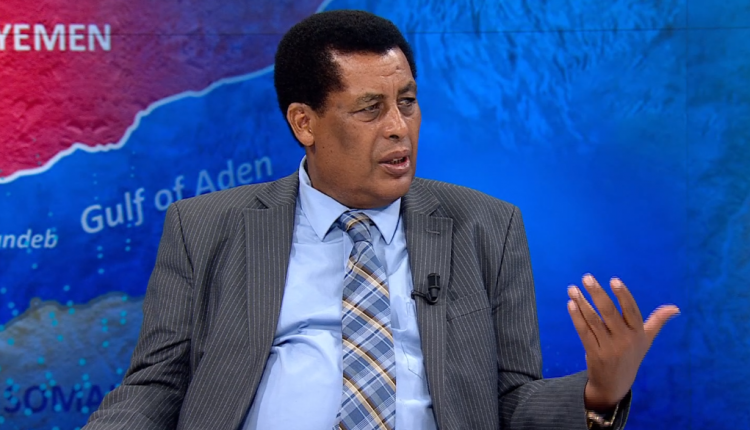Ethiopia’s Pursuit of Sea outlets Catalyst for Regional Growth, Cooperation
Addis Ababa, February 9, 2025 (FMC) – Member of Foreign Relations and Peace Affairs Standing Committee at the House of People’s Representatives (HPR), Ambassador Dina Mufti, reiterated that Ethiopia’s firm commitment to securing access to the sea could be a regional catalyst for growth and cooperation.
In an interview with ENA, Ambassador Dina emphasized that Ethiopia’s quest for sea outlet is not only critical for the national development but also plays a significant role in fostering regional growth and integration.
He explained that Ethiopia’s pursuit of sea access is firmly anchored in international law and driven by a vision of shared prosperity within the Horn of Africa.
Ambassador Dina, who is also a Chairperson of the Western European, European Union, and Ethiopian Parliamentary Friendship Group, further highlighted the extensive benefits that Ethiopia’s gaining of access to a seaport would offer, including increased trade, enhanced logistics, and improved connectivity, contributing economic growth and benefitting neighboring countries as well.
Ambassador Dina also noted that Ethiopia’s efforts align with the principles of the United Nations Convention on the Law of the Sea (UNCLOS), which affirms the right of landlocked countries to access the sea.
He stressed that the country’s quest for sea access is a legitimate right protected by international law, aimed at fostering regional cooperation and shared prosperity.
The ambassador’s comments come at a time when Ethiopia is actively engaged in diplomatic discussions with neighboring countries to identify mutually beneficial solutions for sea access. The Ethiopian government remains committed to achieving this goal through peaceful and diplomatic means.
Access to a seaport, Ambassador Dina stressed, would have a transformative effect on Ethiopia’s economy while also promoting regional integration, peace, stability, and competitiveness, thus enhancing the region’s global economic standing.
He further pointed out that more than 32 landlocked countries worldwide, 16 in Africa, 14 in Asia, and 2 in Latin America, currently rely on neighboring ports, a right universally acknowledged under UN conventions.
Ethiopia, he affirmed, is simply seeking to exercise this legitimate right despite challenges aimed at obstructing it.
Landlocked nations often face higher transportation costs, inefficiencies due to lengthy transit times and fees, and potential disputes with coastal neighbors.
Ethiopia’s pursuit of sea access is therefore not just in its own national interest but also takes into account the broader regional context.
Ethiopia’s quest for a port is rooted in a spirit of cooperation, he said, adding that granting Ethiopia access to the sea would not only elevate its economy but also bring substantial benefits to the neighboring countries that control port access.

